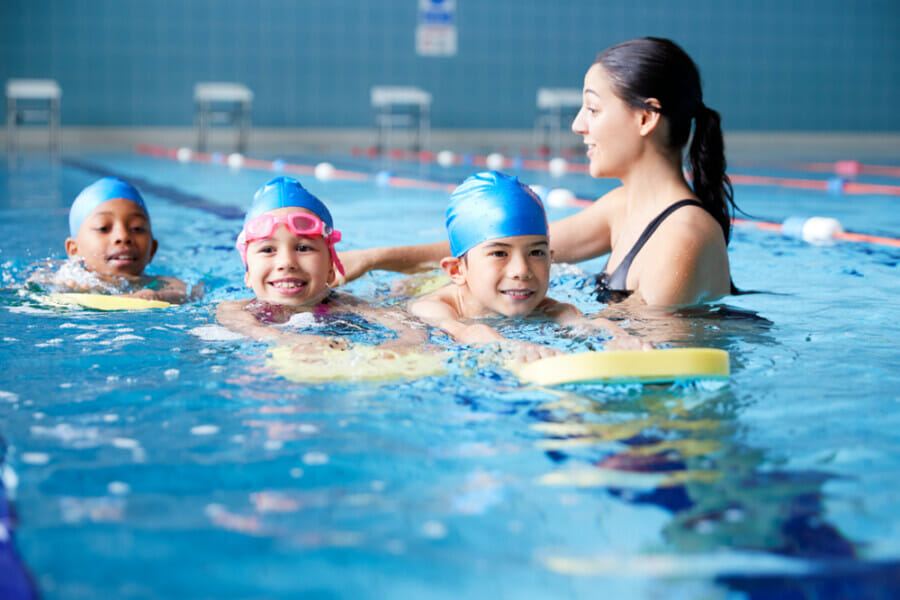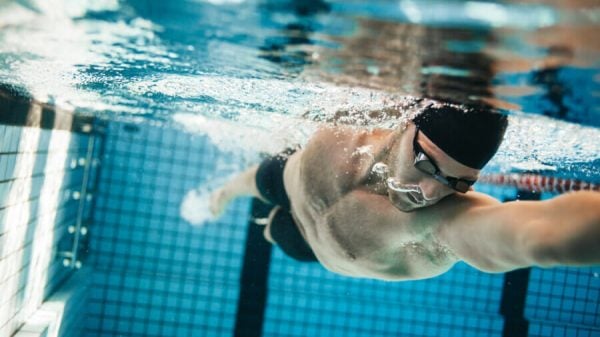Swimming is an amazing method to elevate your heart rate and keep active irrespective of your age. If you aim to drop some weight, enhance your endurance, tone your muscles, or improve your flexibility, here are six fundamental tips for newcomers.
For those new to swimming, having the right swimming equipment is vital. Choose high-quality swimwear that fits well and boosts your confidence. Men often go for swim trunks or swim briefs, while women typically prefer one-piece swimsuits. Essential items for beginners also consist of swim goggles and swim caps, along with optional gear like kickboards, hand paddles, swim fins, and pull buoys.
Setting achievable goals can pave the way for evolving into a proficient swimmer. Set short-term and long-term targets without imposing unnecessary stress on yourself. It’s crucial to be patient with your progress, regardless of your athletic history. Don’t be disheartened if you struggle with staying afloat or perfecting different strokes. Each individual learns at their own pace, so refrain from comparing yourself to others. While swimming is generally safe for most individuals and can be advantageous for individuals with conditions like asthma or CMT1, consulting your physician before commencing is crucial to ensure your welfare.
Although you can attempt to learn swimming independently, enrolling the assistance of a skilled swimming coach can improve your capabilities and confidence in the water. Instructors not only help refine your swimming techniques but also provide valuable feedback. Search for a reliable and certified swimming coach with whom you feel comfortable.
Engaging in stretching or warm-up routines prior to each swimming session is critical for preventing injuries and optimizing your performance. While you shouldn’t push yourself too hard, select warm-up exercises that adequately prepare your body. Some suitable exercises include jumping jacks, squats, arm swings, arm circles, lunges, and high knees.
Freaking out in the water is a frequent mistake for novices. Even if you feel anxious about swimming, it’s crucial not to let fear consume you, as it can lead to hazardous situations such as drowning. While you’re still learning, ensure there’s always a competent swimmer supervising you. If you’re alone, stick to the shallow end of the pool and verify a lifeguard’s presence.
Mastery of the proper breathing technique is essential for a gratifying swimming experience. Incorrect breathing can increase the difficulty of your swim and reduce enjoyment. Remember to exhale when your face is submerged and avoid holding your breath, as it can induce panic or disrupt your breathing rhythm.
Embarking on the journey of learning to swim doesn’t have to be overwhelming. Concentrate on your body posture, grasp the basics, and feel free to seek guidance from professionals.










